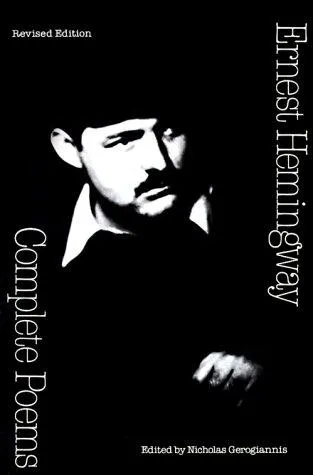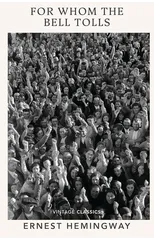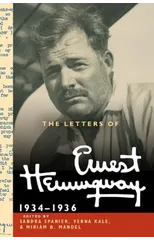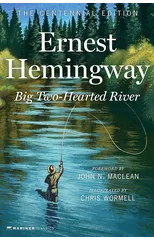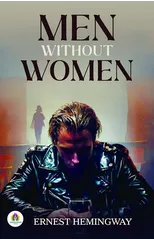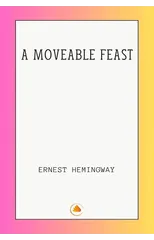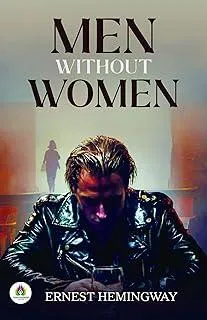Ernest Hemingway never wished to be widely known as a poet. He concentrated on writing short stories and novels, for which he won the Nobel Prize in 1956. But his poetry deserves close attention, if only because it is so revealing. Through verse he expressed anger and disgust—at Dorothy Parker and Edmund Wilson, among others. He parodied the poems and sensibilities of Rudyard Kipling, Joyce Kilmer, Robert Graves, Robert Louis Stevenson, and Gertrude Stein. He recast parts of poems by the likes of Ezra Pound and T. S. Eliot, giving them his own twist. And he invested these poems with the preoccupations of his novels: sex and desire, battle and aftermath, cats, gin, and bullfights. Nowhere is his delight in drubbing snobs and overrefined writers more apparent. In this revised edition of the Complete Poems, the editor, Nicholas Gerogiannis, offers here an afterword assessing the influence of the collection, first published in 1979, and an updated bibliography. Readers will be particularly interested in the addition of "Critical Intelligence," a poem written soon after Hemingway's divorce from his first wife in 1927. Also available as a Bison Book: Hemingway's Quarrel with Androgyny by Mark Spilka.
Ernest Hemingway
Ernest Hemingway (1899-1961) was an American novelist, short story writer, and journalist known for his distinctive writing style and portrayal of masculinity. His most notable works include "The Old Man and the Sea," "A Farewell to Arms," and "The Sun Also Rises." Hemingway's writing is characterized by its spare prose, realistic dialogue, and emphasis on themes of war, love, and loss. He is credited with revolutionizing the modern American novel and influencing generations of writers with his minimalist approach to storytelling. "The Old Man and the Sea," a novella about an aging fisherman's struggle with a marlin, remains one of Hemingway's most famous and enduring works, winning him the Pulitzer Prize for Fiction in 1953 and solidifying his reputation as a literary giant.
